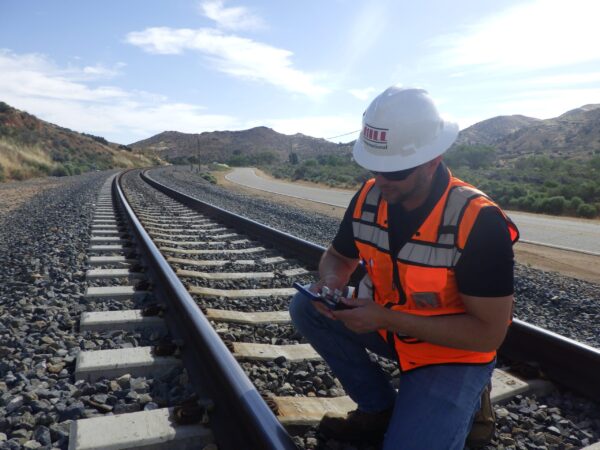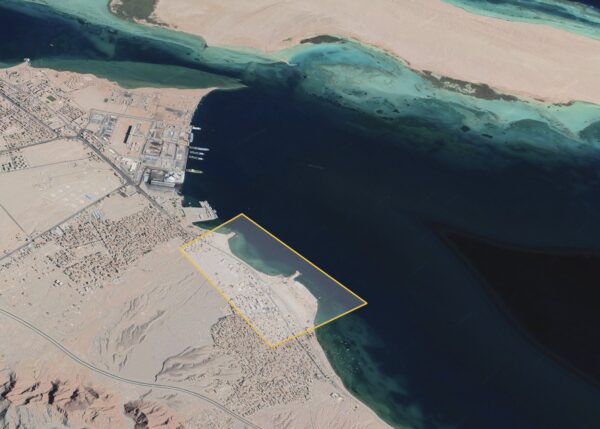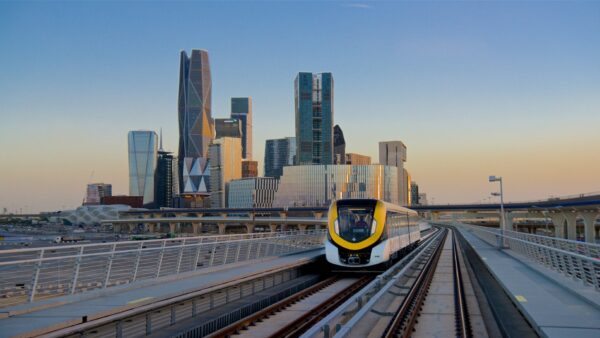
December 12, 2024 | Articles
Progressive Design-Build for Rail and Transit Projects: Room to Run

Brazil’s concerted efforts to re-write construction contracts and minimize claims for its multi-billion dollar oil and gas industry, will change the landscape of how owners and contractors deal with contract risk. The planned changes come in the wake of Brazil dealing with corruption allegations, project delays and other problems within the oil and gas industry.
“These are challenging times for Brazil’s oil and gas industry. Given our credentials and expertise as a global leader in claims consultancy, we see ourselves as well positioned to help make a difference,” said Marcello Guimaraes, vice president of oil and gas for Hill’s South America operations. Based in Rio de Janeiro, he heads a team of professionals with extensive experience in construction claims, contracts, risk avoidance and project management. Hill’s oil and gas team in Brazil already have clients that include contractors, sub-contractors and producers. “We serve the whole supply chain in South America and our goal is continued growth,” he said.
Opportunities are emerging rapidly with companies like Petrobras establishing new procedures related to claims governance. “Drafting contracts with carefully crafted clauses will help eliminate kickbacks and reduce risk,” Guimaraes said, adding efforts are also underway to ensure compliance of US and European construction contracts to provide suppliers with a benchmark to offer their services. Contractors need to have new compliance standards in line with international best practices. “This is a big opportunity for Hill. Compliance will now create a whole new set of rules and will be a huge pressure point for many owners and contractors,” he noted.
Ways to settle disputes
”Arbitration offers an effective alternative dispute resolution approach that is more cost effective and less time consuming than litigation. Hill’s arbitration experts help clients resolve construction disputes outside of the courtroom through well-established procedures, experienced arbiter counsel and a diplomatic approach,” Guimaraes suggested,. “Contracts terminated as the result of disputes or corruption present an opportunity for Hill to help owners and contractors get back on track,” he said. “Nearly 70% of the contracts and equipment, under the new regulations, will have to be local. But there is a lack of qualified personnel here,” Guimaraes said.
Challenges will come along the way, with analysts and industry executives saying Brazil’s pre-salt oil exploration is poised to be the biggest casualty of the current crisis, along with Brazil’s dream of becoming one of the world’s top five global oil producers by 2020, the Financial Times said in a recent report. “Companies like Petrobras are being strangled financially and it is its investment in future production that may suffer,” the Financial Times quoted Paulo Furquim, an academic at Sao Paulo’s business school Insper, as saying. Buried beneath a layer of salt up to 2 km (1.3 mile) thick in the seabed off Brazil’s southeast coast, the pre-salt finds are estimated to contain at least as much as 60 billion barrels of oil or the equivalent of the oil and gas resources in the UK’ North Sea. However, drilling through shifting layers of salt at such depths has become the most capital-intensive part of Petrobras’ business. While pre-salt oil only represents about 30 % of the company’s total production of some 2.3 million b/d, Petrobras had planned to spend 60% of its $154 billion exploration and production budget between 2014 and 2018 on its deep water projects, as quoted by the Financial Times. They will most likely rethink that allocation given the changing landscape.
Despite the issues, Hill’s Guimaraes is still confident that a way will be found to develop Brazil’s resources and for construction contracts to be rolled out. “Oil and gas has changed the image of Brazil and Petrobras globally. And even with the cost of production being considerably high, the return of higher oil prices will once again spur the development of the offshore resources. “This will not stop and proper set of rules and standards will ensure that crude oil production is maintained,” he said. Evidence of Guimaraes’ confidence could be validated with Petrobras due to unveil its next four-year development strategy and investment plan from 2015 to 2019. “Investments will still be made, but they will likely be selective. Productivity of pre-salt oil resources is strategic. If investments stop, output will fall sharply,” he said.
By Ashok Dutta
Share

December 12, 2024 | Articles
Progressive Design-Build for Rail and Transit Projects: Room to Run

December 9, 2024 | Articles
Unlocking Growth: Maximizing the Benefits of the SBA’s Mentor-Protégé Program

December 8, 2024 | Articles
Mediterranean Luxury a Century in the Making: Four Seasons Resort Mallorca at Formentor

November 23, 2024 | Articles

November 15, 2024 | Articles
The Ruiz Picasso 11: Delivering Sustainability in the Heart of Madrid

November 13, 2024 | Articles
Hill International Takes Riyadh Metro Project to Finish Line

November 11, 2024 | Articles

November 3, 2024 | Articles
Negotiating Success: Hill Contract Administrator Christine Prettyman

October 22, 2024 | Articles
Walking the Talk: New Vice President, Rail and Transit Gavin Martin

October 18, 2024 | Articles
Future-Proofing Projects: Janakiram VVS Talks India’s Digital Transformation